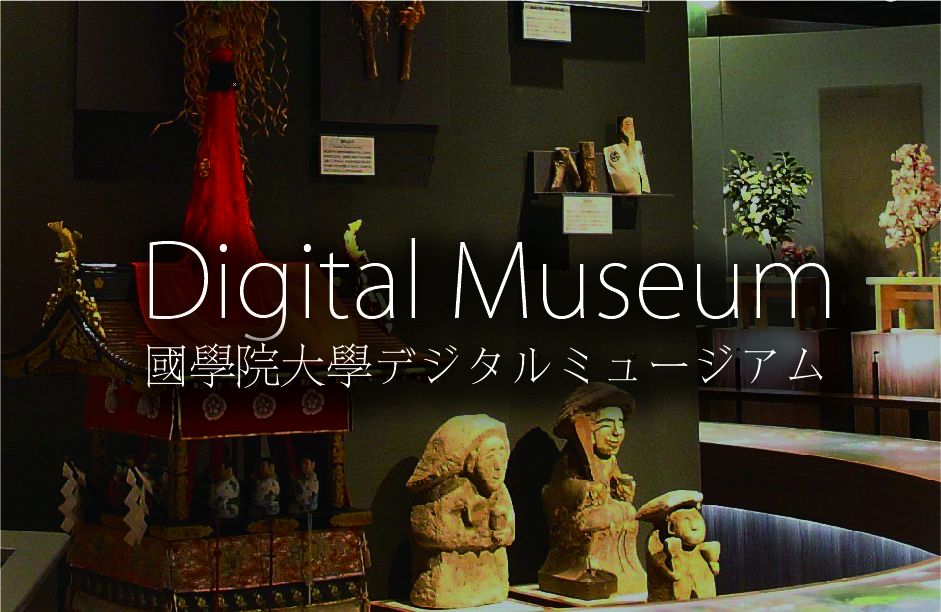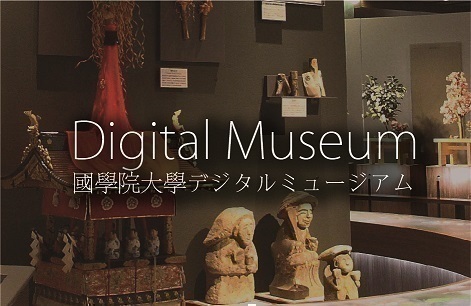- トップ
- Encyclopedia of Shinto
- Hatsumōde
Encyclopedia of Shinto
| Main Menu: | |
| Links: |
詳細表示 (Complete Article)
| カテゴリー1: | 5. Rites and Festivals |
|---|---|
| カテゴリー2: | Rituals in Daily Life |
| Title | Hatsumōde |
| Text | A visit to a shrine or a temple (sankei) at the beginning of a new year. In a narrow sense it refers to the visit on New Year's Day. Today it is very often the case that people will visit shrines or temples from midnight on New Year's Eve in order to hear the temple bells ringing in the New Near (joya no kane), welcome in the New Year there and so make their hatsumōde on the spot. Toshigomori is thought to be the origin of hatsumōde. Toshigomori is the practice of secluding oneself in the shrine of one's tutelary deity (ujigami) from the early evening of New Year's Eve onward and staying awake all night before the deity. Ehōmōde (a visit to a shrine or temple that lies in an auspicious direction) is also seen as an origin of hatsumōde. An auspicious direction (ehō) was thought to be the direction in which the toshitokujin for that year lived and from which no cursed god (tatarigami) would come. Each year's auspicious direction is determined according to the zodiac sign (eto). During the Edo period performing ehōmōde on New Year's Day by visiting temples or shrines that lay in the auspicious direction was a popular practice. Furthermore, there are many places where special altars for the New Year (toshigamidana) are placed in the auspicious direction. For hatsumōde in recent years, there has been a marked tendency in the provinces to visit local temples and shrines, and in the cities to visit famous temples and shrines. These temples and shrines include some that lie in directions that have special meaning as seen from Edo or other cities, but awareness of this while on hatsumōde has been on the decline in recent years. Visits to temples and shrines in the cities and their surroundings has been on the rise of late. Shrines that have been seeing large numbers of visitors include Meiji Jingū (Tōkyō), Sumiyoshi Taisha (Ōsaka), Fushimi Inari Taisha (Kyōto), Atsuta Jingū (Aichi), Tsurugaoka Hachimangū (Kanagawa), Dazaifu Tenmangū (Fukuoka), and Hikawa Jinja (Saitama). See alsoEhō — Endō Jun |





